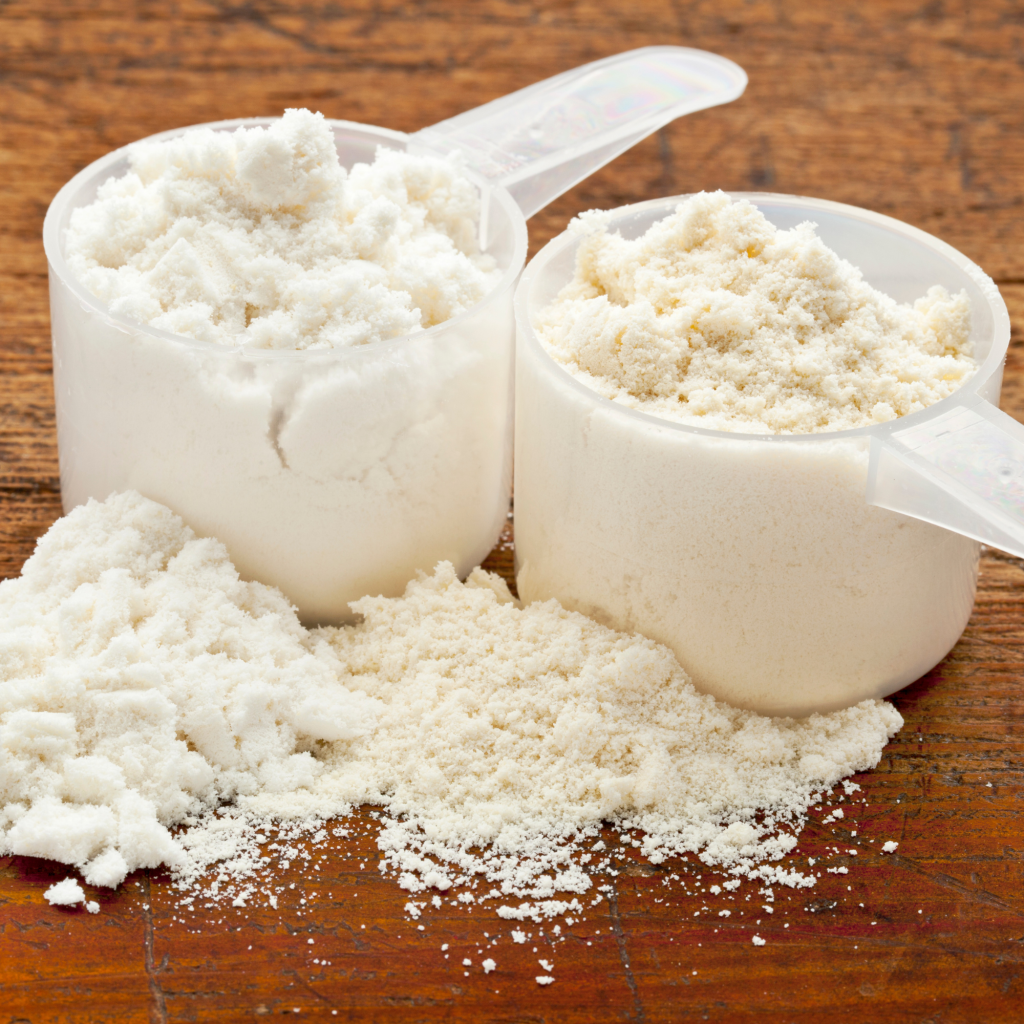

When it comes to immune health, we are often bombarded with supplements that we can take to support the immune system.
While there are a lot of great anti-viral and anti-bacterial herbs, we like to focus on strengthening the immune system from the inside. We first want to address any underlying nutrient deficiencies to make sure we give our bodies a strong foundation and a fighting chance.
Magnesium is a foundation mineral that is easily overlooked, but it’s one that is essential to the immune system. Magnesium is needed for 80% of enzymatic processes in the body, which translates to approximately 1,000 biological functions.
The Overlooked Role of Magnesium and Immune Health:
The global pandemic of COVID-19 highlighted the need for strong immune health, and has helped people focus on prevention rather than cure.
The immune system is a complex collection of cells, processes, and chemicals. It is constantly defending your body against invading pathogens, including viruses, toxins, and bacteria, so keeping your immune system healthy year-round is critical for prevention of disease and infections.

Magnesium is an immune system modulator. It increases the activity involved in the formation of antibodies (helps in immune response) and makes cells more active in protecting themselves from microbial, bacterial, and viral attacks. It’s thought that magnesium allows our immune system to seek out virally infected cells and cancerous cells and encourage apoptosis. It appears magnesium plays a role in very specific immune responses when we have optimal levels of magnesium. Intracellular free magnesium actually encourages our natural killer cells and CD8 killer T cells to express the natural killer receptors, which bind to virally infected cells and targets them for destruction. (Source: ITL Health)
Because it helps with antibody creation, and it helps seek out infected cells, magnesium aids in strengthening the immune system.

When we’re stressed, the immune system’s ability to fight off antigens is reduced, thus making us more susceptible to infections. When stress hormones (such as cortisol) are high, it can suppress the effectiveness of the immune system. In other words, it lowers the number of lymphocytes.
People under stress have lower magnesium levels. Magnesium blocks the action of the stress hormone adrenaline, and works to calm people with anxiety.
Magnesium has been shown to reduce stress by stimulating GABA receptors in the brain, which have an overall calming effect. In fact, the role of magnesium in relieving stress and anxiety is so deeply established that many medical doctors refer to magnesium as ‘nature’s natural relaxant’.
We know that while we are sleeping, the immune system activates and creates those cells that help support us and kill off any infections.

Studies show that people who don’t get quality sleep or adequate hours of sleep are more likely to get sick after being exposed to a virus, such as a flu virus. Lack of sleep can also negatively impact how quickly you recover if you do fall ill. The severity and longevity of the illness is also impacted by our sleep.
While you’re sleeping, your immune system awakens and releases protective immune proteins called cytokines. Certain cytokines need to increase when you have an infection or inflammation, or when you’re under stress. Sleep deprivation may decrease production of these protective cytokines.
Promotes relaxation and reducing stress, which helps to calm the nervous system. It also regulates neurotransmitters and supports the production of melatonin, a hormone crucial for sleep regulation.

Magnesium plays a crucial role in promoting better sleep quality and duration, partly due to its connection with glycine, an inhibitory neurotransmitter. Glycine helps to calm an overactive mind, making it easier to fall asleep and stay asleep longer. By supporting a more restful sleep, magnesium can improve overall well-being.
In addition to its sleep-enhancing properties, glycine offers several protective effects. It acts on inflammatory cells like macrophages to suppress the activation of transcription factors, reduce the formation of free radicals, and lower inflammatory cytokines. This means glycine not only helps reduce inflammation but also strengthens the immune response by preventing viruses from replicating and promoting the quick elimination of mutated or infected cells through apoptosis.
Magnesium bisglycinate is an excellent supplement choice because it combines the benefits of both magnesium and glycine. Glycine is a key component of glutathione, often referred to as the “mother antioxidant,” which plays a vital role in preventing serious illnesses. Together, magnesium and glycine offer a powerful combination that supports better sleep, a stronger immune system, and overall health protection..

In France, magnesium has been used for over 80 years as the number one natural remedy to prevent or fight off common colds or flus over winter. That’s because adequate magnesium intake is associated with better lung function. It opens up the bronchial airways and reduces hyper reactivity or wheezing, which makes sense considering magnesium’s role as a muscle relaxant.
Increasing magnesium intake is a really good way to support respiratory function. With magnesium supplementation, you are improving the function of the smooth muscle and also opening up the airways, so you are allowing oxygenated blood in and carbon dioxide-laden blood back out of the lungs. Daily magnesium supplementation alongside some deep breathing exercise is a great recommendation for optimal respiratory and lung health. (Some doctors have even suggested blowing-up balloons at home to strengthen lungs!)

Magnesium is essential for activating vitamin D in the body, which is crucial for maximizing its benefits, particularly for immune health. Without enough magnesium, vitamin D remains inactive and can’t be fully utilized by the body. This makes magnesium supplementation important when taking vitamin D, ensuring that the vitamin is converted into its active form, Calcitriol, which the body can use effectively.
Stress can deplete the body’s magnesium levels, creating a cycle where low magnesium increases stress, further reducing magnesium levels. To break this cycle and make the most of vitamin D supplements, it’s important to pair them with the right amount of magnesium. A good rule of thumb is to take 100mg of magnesium for every 1,000 IU of vitamin D to ensure proper absorption and utilization.
Clinical evidence was conducted by a group of Scientists in Spain on the potential of COVID-19 cases and deaths when using Vitamin D supplementation. Read more
To recap, we have discussed a simple yet foundational mineral that has such a powerful impact on the immune system.
Magnesium is especially great because not only does it directly support the immune system, it also reduces the stress we feel in dealing with the challenges everyday life brings to our lives.
For sleep and anxiety, the recommended supplements include:
For gut health, the suggested options are:
To support skin health, YHB recommends:
These recommendations cover a wide range of health concerns and dietary needs.
Always consult with a healthcare professional before starting any new supplement regimen, especially if you have existing health conditions or are on medication.
Integrating supplements into an athlete’s regimen requires careful consideration and professional guidance. With the right approach, supplements can play a significant role in enhancing performance and aiding recovery, ensuring athletes achieve their peak potential while maintaining overall health.
Accepting payments via


YourHealthBasket © 2025
detoxpeople Ltd
Registered in England & Wales 07156741
VAT reg GB 103 3641 60
Our new practitioner portal has been released and it’s now easier than ever to link a client’s account and provide them with suggestions using our new protocol system.
Convert your current cart into a protocol which can then be assigned to a linked client.